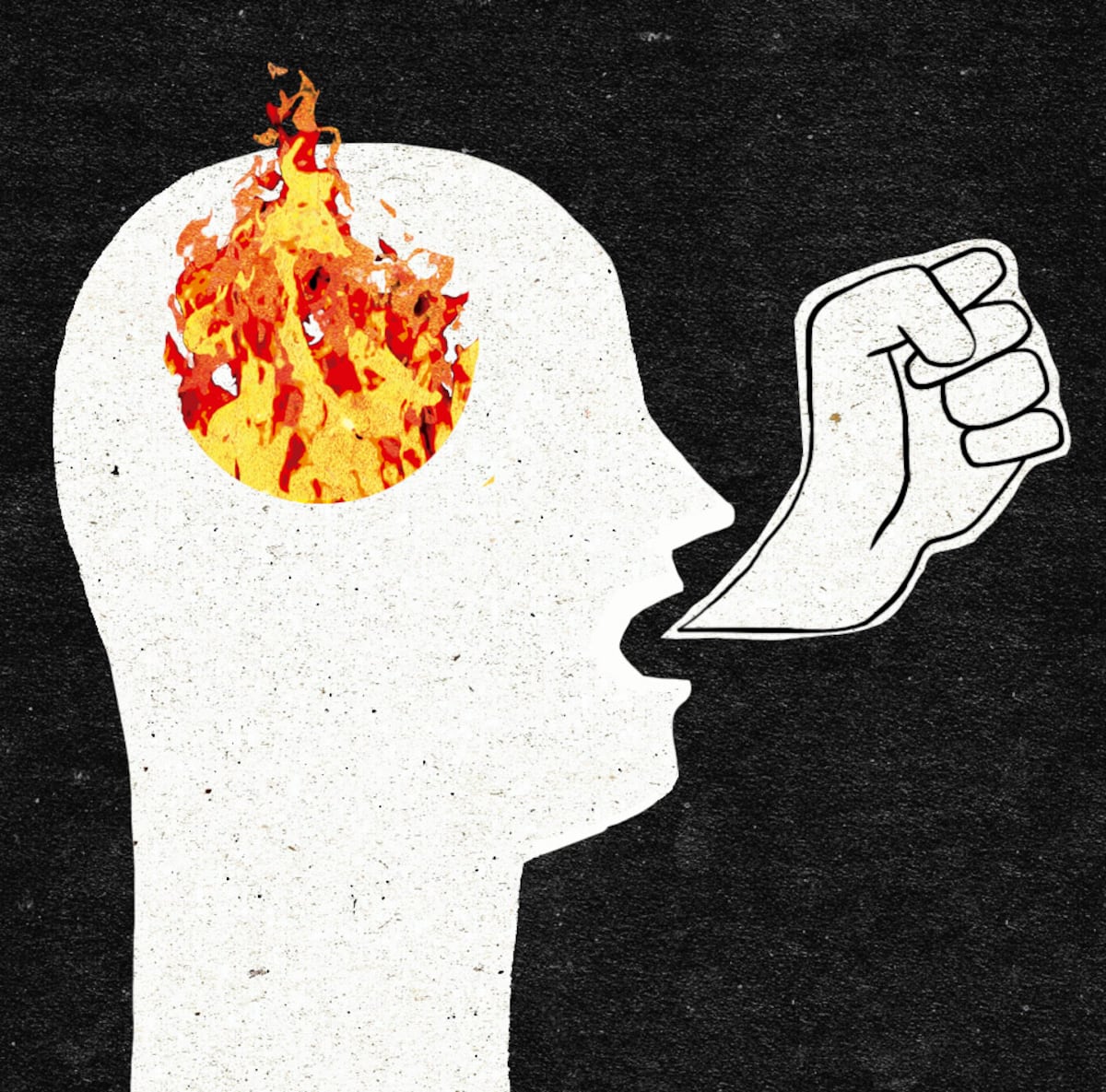Protests and Anti-Semitism in the Wake of the Israeli-Palestinian Conflict
Around the world, particularly on university campuses, individuals who identify with the 'woke left' have been vociferously demanding a free Palestine, which in some cases translates to calls for the elimination of Israel. These protests, far from seeking a viable political solution to the deeply complex Israeli-Palestinian conflict, often show support for Hamas, a known terrorist organization. Detractors label Israel—an imperfect democracy—as an apartheid state that should be dismantled, yet similar calls are absent for nations with documented aggressive imperialism or genocidal pasts. This selective outrage has led many to argue that these protests are steeped in anti-Semitic undertones.
Many Jews, Zionists, and moderate observers are baffled by the intense double standards and lack of historical context evident in these protests. The reaction to the Israeli military response in Gaza, despite its unprecedented challenges of dealing with urban warfare and an underground city built beneath civilian areas, is often labeled as genocide. This accusation fits into a long history of portraying Jews as a threat to moral order, an idea deeply rooted in Western culture and history.
Historical and Cultural Context of Anti-Semitism
Historically, anti-Semitism has characterized Jews as bloodthirsty criminals. From medieval allegations of Jews performing ritual killings to modern tropes of them as vampires or organ harvesters, such imagery has fueled centuries of hatred. This portrayal peaked with Nazi propaganda and Soviet anti-Zionist rhetoric, linking Jews and later Zionists to criminality. The conflation of Jewish identity with Zionism contributes to the difficulty in separating Israelis from Jews psychologically. This deeply ingrained imagery stokes current perceptions that Israeli military actions are inherently criminal and genocidal.
In Ireland, anti-Israel sentiment is particularly pronounced, especially following the government's recognition of a Palestinian state. Pro-Palestinian demonstrations are common, and there is a substantial institutional bias against Israel in the government, educational systems, and media. This antagonism has left the Israeli community in Ireland feeling marginalized and concerned about their security and standing in society.
- The Irish Jewish community's fears were highlighted when pro-Palestinian demonstrators took to the streets, exacerbating the already hostile environment. There is a widespread institutional support for the Palestinian cause, which has isolated the Israeli community.
- Further complicating matters, accusations and discourse around the Israeli-Palestinian conflict often fail to address critical aspects such as Hamas's upfront aggression and the complex reality of urban combat in Gaza. This portrays a one-sided narrative that fuels further **anti-Semitic** sentiment.
- Compounding the issue is the political climate in Ireland, where recent measures like the possible ICC arrest warrants against Israeli leaders and the lack of supportive voices in influential sectors have heightened fears among Israelis living in Ireland. Concerns about the legitimacy of their work and safety remain high on their agenda.






